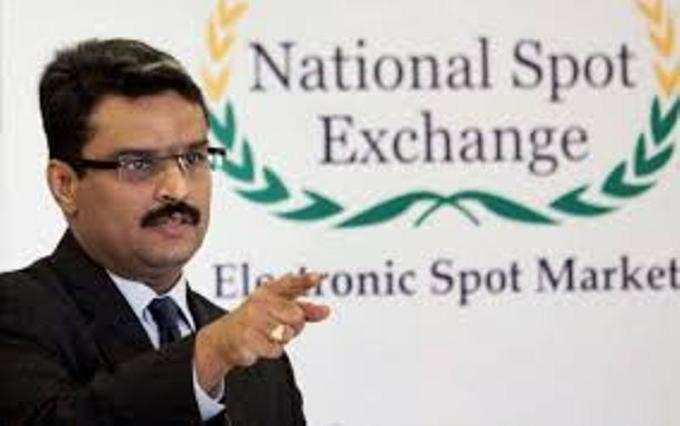 One of the country’s biggest lawyers,
One of the country’s biggest lawyers, According to an Economic Times report, the plan, without prejudice to FTIL's legal rights, subject to board and shareholder approval and acceptance by brokers and investors, envisages FTIL and brokers contributing Rs 500 cr each to completely pay off investors, who've lost Rs 2 lakh-Rs10 lakh on the bourse, and return half the amount to those who've invested between Rs 10 lakh and Rs 1 cr.
This, however may still fall short of investor and
The report said that FTIL's share of Rs 500 cr (as per the recent plan presented by Shroff) includes the Rs 180-cr bridge loan to NSEL in 2013 to claimants below Rs 2 lakh. Effectively, FTIL would chip in Rs 320 cr, making it a proposal that's unlikely to go down well with brokers. The plan submitted to Sinha also envisages that 781 high networth investors, or 6% of the total claimants, will receive 50% of their invested amounts while state-owned MMTC and PEC, collectively owed over Rs 300 crore, would receive 100% through recovery from defaulters who used NSEL to raise funds and have admitted to their liabilities.
ET said the proposal comes days ahead of the Company Law Board Delhi’s hearing of a government petition to supersede the board of FTIL on Thursday. The government has also passed a draft order to merge NSEL with FTIL in public interest under Section 396 of the Companies Act. The draft order has been challenged by FTIL. Responding to ET's email query on whether the proposal was good enough for the government to withdraw proceedings, Shroff said, "My clients FTIL are firmly committed to a solution. It is in that spirit that through me they have voluntarily suggested a
FTIL's condition for the success of the proposal hinges on the government leaning hard on 24 defaulters on NSEL to pay up dues amounting to over Rs 5,000 crore, withdrawing its "not fit and proper order" of December 2013 that declared FTIL unfit to run a national commodity exchange, withdrawing an order by the corporate affairs ministry to merge NSEL with FTIL as well as proceedings to supersede the board of the holding company.
It also requires the withdrawal of all criminal and civil proceedings against FTIL, NSEL and directors of the two companies, among others, in the
